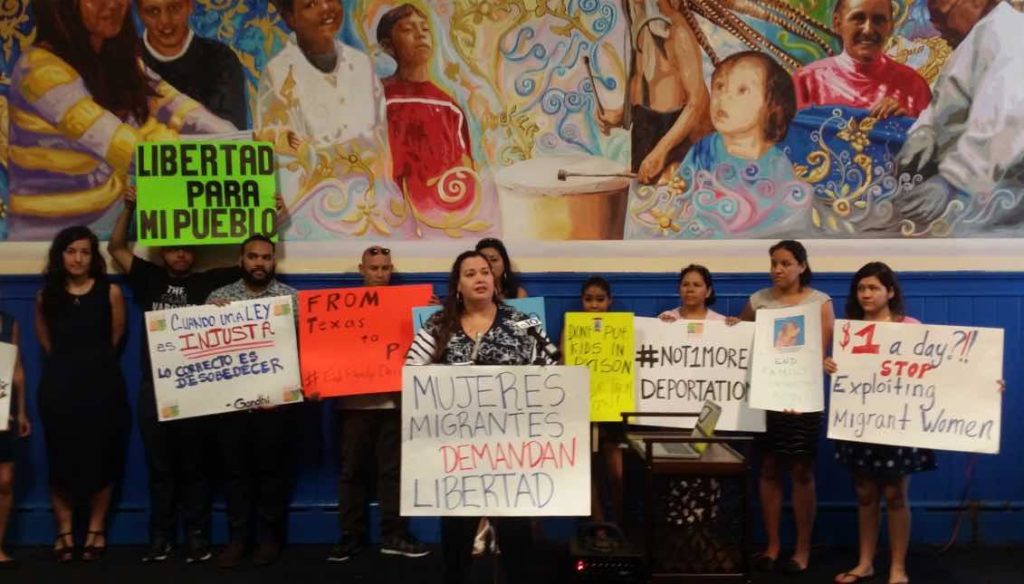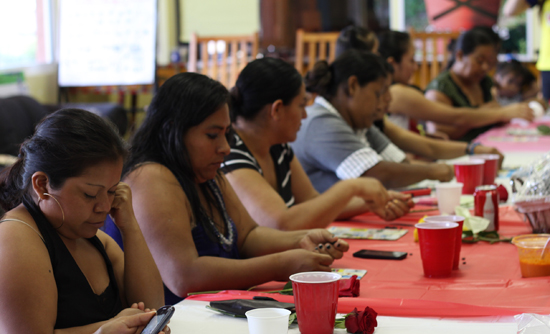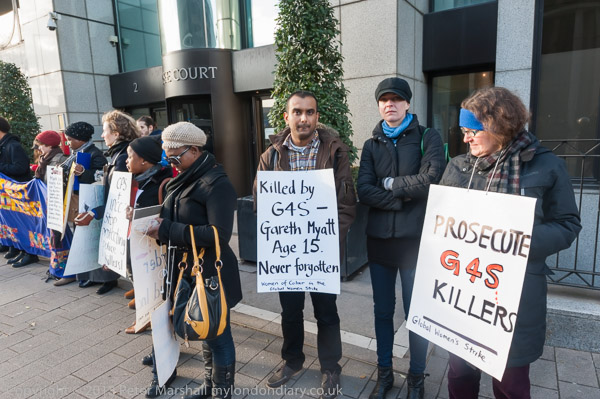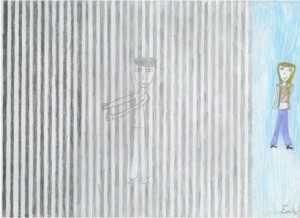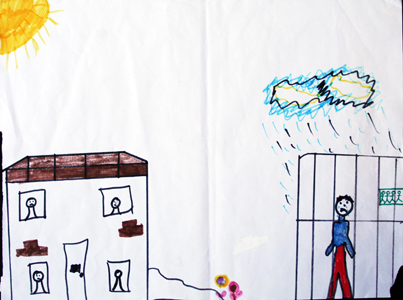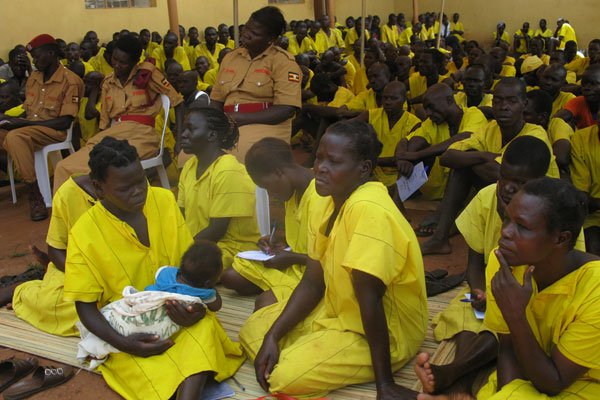
Today in Uganda, a leading headline reads, “24 children in prison with their mothers”. The article opens, “About 24 children are locked up in the seven prisons of Lira, Oyam, Kole, Alebtong, Otuke, Apac and Dokolo districts with their only crime being born to mothers suspected of breaking the law. Currently, there are 228 female inmates in the seven prisons.” The article concludes, “The prison population in Uganda is said to be growing at a 10 per cent rate annually. Currently, there are 284 children living with their mothers in 21 female prisons.” While Uganda’s prisons are notoriously overcrowded, with a recorded occupancy rate of 293% as of October 2016, more than half of whom are pre-trial or remand prisoners, the situation of mothers and children in prison is a global phenomenon. The global gulag has produced a global prison crèche and nursery. Children are the future.
While the issue of mothers behind bars has garnered increased attention, as witness this year’s Mother’s Day National Mama’s Bail Out Day campaign, the ever increasing global population of mothers with children in prison has not. In Uganda, the population of mothers incarcerated with children has grown steadily for the last ten years. According to the Turkish government, 560 children are in Turkish prisons along with their mothers. The children age just born to six years old. In 2014, 334 children were living with their mothers in Turkish prisons. Incarcerating innocent children is a major growth industry. In Kenya, hundreds of children under four live with their mothers in prison; in Bolivia over 1000 children do. In Cambodia, two years ago, the Prime Minister wanted to find a “solution” to children in prison with their mothers. Thus far, none has been found. Quite the opposite.
Around the world, where do children live? Increasingly, in prison. In 2008, the International Centre for Prison Studies reported that the following countries kept mothers and children together … in prison: England and Wales; Australia; Brazil; Canada; Denmark; Finland; Germany; Greece; Italy; Netherlands; New Zealand; Russia; Sweden; Switzerland; and the United States. Spain kept mothers and children together in “family” cells. No information was available for France, Japan, or, curiously Turkey. Of the 20 nation-states surveyed, only Norway said, NO.
In 2014, the Law Library of Congress’s Laws on Children Residing with Parents in Prison expanded the survey to 97 countries. Here’s their list of those who keep mothers and children together in prison: Algeria, Argentina, Australia, Belgium, Benin, Bolivia, Botswana, Burma/Myanmar, Burundi, Cambodia, Cameroon, Canada, Chile, Colombia, Côte d’Ivoire, Cuba, Denmark, Egypt, El Salvador, England and Wales, Ethiopia, Fiji, Finland, France, Greece, Guatemala, Haiti, Honduras, Hong Kong, Iceland, India, Indonesia, Iraq, Ireland, Israel, Italy, Jamaica, Japan, Jordan, Kazakhstan, Kenya, Kiribati, Kuwait, Libya, Luxembourg, Malaysia, Malawi, Mali, Mexico, Morocco, Namibia, Nepal, New Zealand, Nicaragua, Nigeria, Oman, Pakistan, Papua New Guinea, Peru, Philippines, Portugal, Qatar, Russia, Samoa, Saudi Arabia, Sierra Leone, Singapore, Solomon Islands, South Africa, South Korea, South Sudan, Spain, Sri Lanka, Sudan, Swaziland, Sweden, Switzerland, Taiwan, Tanzania, Tonga, Trinidad and Tobago, Tunisia, Turkey, Tuvalu, Uganda, Ukraine, United Arab Emirates, Uruguay, Vanuatu, Venezuela, Yemen, Zambia, Zimbabwe. From A to Z, babies behind bars are everywhere.
None of this is surprising. Skyrocketing rates of incarceration for women, and especially younger women, means incarcerating more and more infants and children.
But it’s not inevitable: “Norway does not allow children to stay with their parents in prison. Instead, a new mother is housed outside of the penitentiary in a mødrehjem (home for mothers) until her child is old enough to be separated from her, generally around nine months of age. Mothers with young children and short sentences may serve their entire sentence at the home for mothers …. In general, the Norwegian prison policy reserves prison sentences for the most heinous crimes and attempts to avoid sentencing criminals to prison. Courts have also chosen to transform certain sentences from prison sentences to community service, generally in cases where mothers are convicted of drug offenses but have since been drug free and are caring for a small child. At the start of 2012, 255 women were incarcerated in Norway, of whom 187 were serving out the sentence in an alternative institution.”
Norway is taking this approach beyond its border, funding, for example, an `open prison’ for women and children in Lithuania. It’s not perfect, but it’s a step.
The State alibi for caging innocent children is the good of the child. What does that say about the world outside the prison, if the best place for an infant or young child is behind bars? What is justice, if sending a child to prison is fine and dandy, no matter how minor or negligible the mother’s so-called offense? Want to keep children out of prisons and jails? Imagine a world in which close to 75% of women convicted of criminal offense do not end up in prison. Imagine Norway.
(Photo Credit: Daily Monitor / Bill Oketch)
